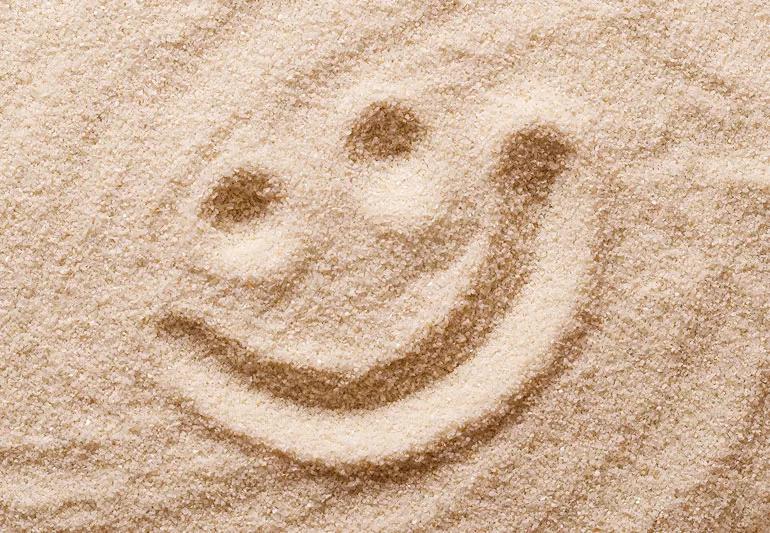The short answer from a rheumatologist

A: Sjögren’s syndrome is a chronic autoimmune disease. In autoimmune diseases, the body’s immune system mistakenly attacks healthy tissue with an inflammatory response. In Sjögren’s syndrome, the inflammation mostly affects moisture-producing glands, especially your tear and saliva glands. This causes dry eyes and dry mouth.
Advertisement
Cleveland Clinic is a non-profit academic medical center. Advertising on our site helps support our mission. We do not endorse non-Cleveland Clinic products or services. Policy
You may experience a gritty feeling in your eyes, and your eyes may be sensitive to light or have a burning sensation. Dry eyes can increase your risk for eye infections and damage to the cornea. Having a dry mouth can make swallowing difficult. It increases your risk for tooth decay, gum inflammation and other dental problems. Some people have dryness in their nasal passages, skin and vagina.
Other possible problems are joint pain and fatigue. Sjögren’s syndrome can also affect the lungs, liver and kidney.
About 90% of people with Sjögren’s syndrome are women. About half of people who have it also have other another autoimmune disease, such as rheumatoid arthritis or lupus.
Unfortunately, there is no cure for Sjögren’s. Treatment focuses on relieving symptoms and preventing complications. Topical treatments, both prescription and over the counter, for dry eyes and dry mouth (such as Biotene®) are available. Drugs include cevimeline (Evoxac®), pilocarpine (Salagen®) or saliva substitutes for dry mouth and cyclosporine ophthalmic (Restasis®) or hydroxypropyl cellulose (Lacrisert®) for dry eyes. There are many over-the counter artificial tears too.
Treatment often requires coordination among different specialists, including your rheumatologist, ophthalmologist and dentist.
Advertisement
— Rheumatologist Chad Deal, MD
This article originally appeared in Cleveland Clinic Arthritis Advisor.
Advertisement
Learn more about our editorial process.
Advertisement

Most recommended precautions center around minimizing bruising or swelling

Even one drink can have an impact on your cognitive function leading to slurred speech, blurred vision and impaired memory

Understand who may (and may not) benefit

Lorem ipsum dolor sit amet. Et odio Quis vel ipsam omnis eum alias deleniti et placeat impedit non voluptas galisum hic autem enim et cupiditate aliquid. Est beatae quidem non facilis autem ut commodi nisi aut tempore rerum et dolores voluptatem cum enim optio id sapiente quasi. Ad laboriosam officiis 33 cupiditate sequi ea voluptatum consectetur qui necessitatibus voluptate et quasi doloremque et facere explicabo quo explicabo officia

Seeking help through therapy can be an important step in improving your quality of life when you have UC

Type 2 diabetes isn’t inevitable with these dietary changes

Applying a hot or cold compress can help with pain